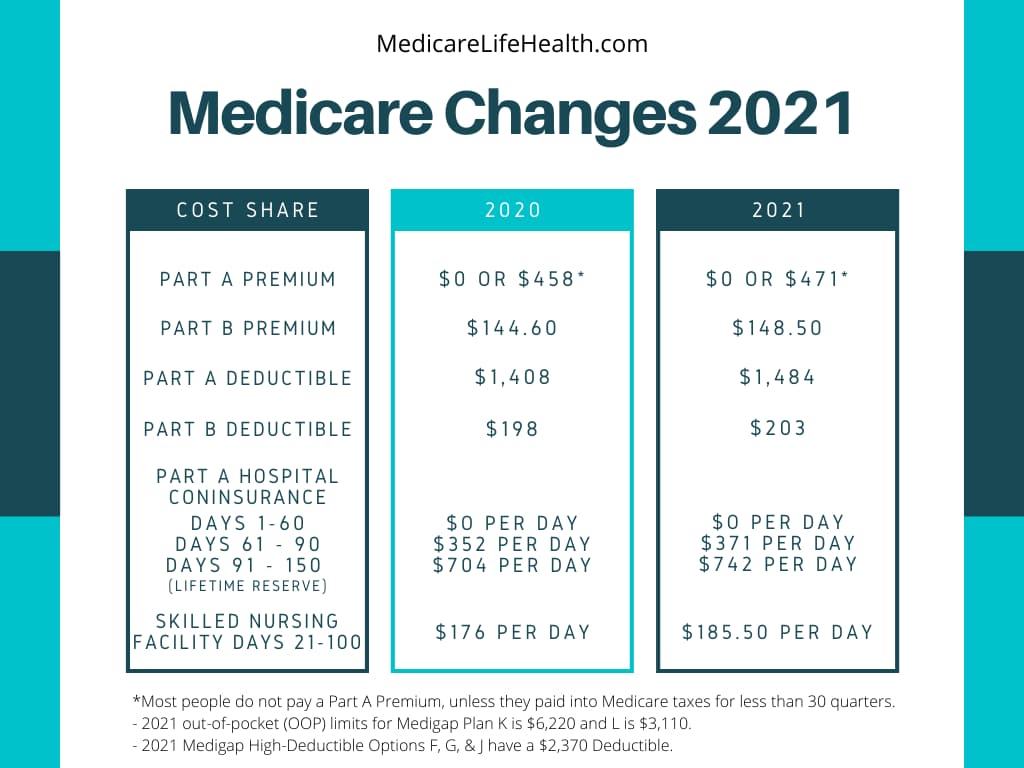As a retiree, every penny counts, and finding ways to reduce your tax burden can be a game-changer. One often overlooked deduction is the ability to write off Medicare premiums on your tax return. In this comprehensive guide, we’ll break down the rules, requirements, and steps to help you maximize your savings.
The Short Answer: Yes, But…
The good news is that retirees can deduct their Medicare premiums from their taxes. However, there’s a catch: you can only deduct expenses that exceed a certain portion of your adjusted gross income (AGI). Make too much, or not spend enough on qualifying medical expenses, and you’re unable to take advantage of this deduction.
Understanding Medicare Premiums
Before diving into the deduction details, let’s first understand the different Medicare premiums you might be paying:
Medicare Part A
- If you have at least 40 quarters of qualified work history, you typically pay no premium for Part A (hospital insurance).
- With 30-39 quarters, the 2024 monthly premium is $278.
- Less than 30 quarters, the 2024 monthly premium is $505.
Medicare Part B
- Part B (medical insurance) has a standard monthly premium of $174.70 in 2024, although higher-income individuals may pay more.
- Premiums are usually deducted from your Social Security benefits before you receive them.
Medicare Part C (Medicare Advantage)
- Part C plans are offered by private insurers and combine Parts A, B, and sometimes D (prescription drug coverage).
- You’ll pay the Part B premium, plus an additional premium for your chosen Part C plan.
Medicare Part D
- Part D covers prescription drugs and is provided by private insurers.
- Premiums vary widely depending on the plan you select.
Medigap (Medicare Supplement Insurance)
- Medigap policies, also from private insurers, help cover out-of-pocket costs not covered by Original Medicare (Parts A and B).
- Premiums can differ significantly between plans and providers.
Qualifying for the Deduction
Now that you understand the various Medicare premiums, let’s explore how to qualify for the deduction:
-
Itemize Your Deductions: You can only claim medical expenses, including Medicare premiums, if you itemize deductions on your tax return instead of taking the standard deduction.
-
Meet the Threshold: Your total qualifying medical expenses must exceed 7.5% of your AGI for the year. For example, if your AGI is $50,000, your medical expenses need to surpass $3,750 before you can start deducting them.
-
Qualifying Expenses: In addition to Medicare premiums, you can include expenses like copays, coinsurance, deductibles, prescription drugs, dental care, vision care, and more.
-
Self-Employed Individuals: If you’re self-employed, you can deduct Medicare premiums as an “above-the-line” deduction, effectively reducing your AGI and potentially making it easier to meet the 7.5% threshold.
Documentation and Recordkeeping
To claim the deduction, you’ll need to maintain accurate records and documentation, including:
- SSA-1099 form (records Medicare Part B premiums paid through Social Security)
- Medicare Summary Notices (sent quarterly, detailing services received and costs)
- Bills, receipts, and statements from Medicare Parts C, D, Medigap, and other medical expenses
Keep these documents organized and readily available when filing your tax return.
Step-by-Step Guide to Deducting Medicare Premiums
Now that you understand the rules and requirements, let’s walk through the steps to deduct your Medicare premiums:
- Calculate your AGI for the tax year.
- Gather all relevant documentation (SSA-1099, Medicare Summary Notices, bills, receipts, etc.).
- Add up your total qualifying medical expenses for the year, including Medicare premiums.
- Use IRS Form 1040 or 1040-SR to file your tax return.
- Enter your medical expenses on lines 1 through 4 of Schedule A (Itemized Deductions).
- If your expenses exceed 7.5% of your AGI, you can deduct the excess amount.
Remember, if you have any questions or concerns, it’s always best to consult with a qualified tax professional.
Conclusion
Deducting Medicare premiums can provide a valuable tax savings for retirees, but it’s essential to understand the rules and requirements. By carefully tracking your expenses, maintaining proper documentation, and following the steps outlined above, you can potentially reduce your tax burden and keep more of your hard-earned retirement income in your pocket.
Can You Deduct Medicare Premiums off 2024 Taxes?
FAQ
Are Medicare premiums tax-deductible if retired?
Can you deduct Medicare Part B premiums from your taxes?
What is the extra standard deduction for seniors over 65?
Are retired health insurance premiums tax-deductible?

